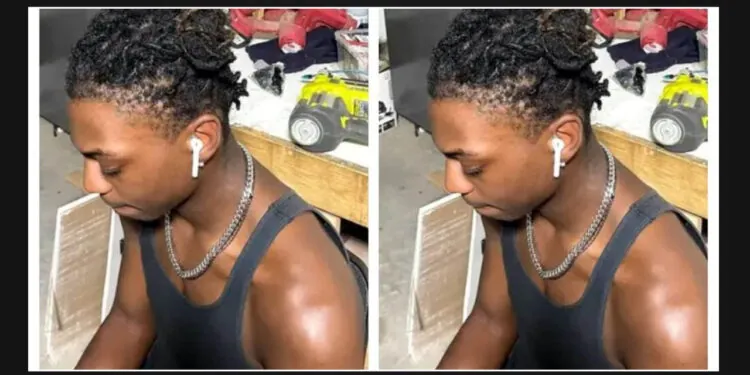In Texas, a student who filed a lawsuit alleging racial and gender discrimination after being punished due to his hairstyle has had a majority of his claims rejected by a federal judge appointed by Trump.
As we have previously reported, Darryl George, an 18-year-old student, has been in a legal dispute with Barbers Hill school district and other defendants. The conflict arose when George was disciplined for refusing to alter his hairstyle.
According to a report by The Associated Press, the Barbers Hill school district has received another favorable ruling on Tuesday from U.S. District Judge Jeffrey Brown. The district strongly believed that the long hair of the student, George, which was styled in tied and twisted locs on top of his head, went against the school’s policy as it would exceed the specified length when let down. The district also pointed out that other students who had locs had adhered to the length policy. Furthermore, the district argued that the policy instills discipline and teaches students about grooming and following authority.
In his ruling, Brown addressed the issue of whether the school district’s policy was more harmful than helpful. He emphasized that not everything that is undesirable, annoying, or even harmful can be considered a violation of the law, let alone a constitutional problem.
During the 2023-24 academic year, George was prohibited from attending most of the regular classes at Barbers Hill High School. The school district claimed that the 18-year-old’s hair length violated their dress code policy. Consequently, he was forced to serve an in-school suspension or participate in an off-site disciplinary program.
George’s family took action by filing a formal complaint with the Texas Education Agency and initiating a federal civil rights lawsuit against Governor Greg Abbott, Attorney General Ken Paxton, and the school district. The complaint states that the authorities failed to enforce the CROWN Act, which prohibits discrimination based on hairstyles associated with race.
According to The Associated Press, Brown’s ruling stated that George did not present evidence of a consistent and racially biased enforcement of the policy. Additionally, while the lawsuit claimed a violation of George’s First Amendment rights to free speech, Brown noted that the plaintiff’s legal team failed to provide any precedent concluding that hair length is protected as expressive conduct under the First Amendment.
According to Brown, the school district was found to be in violation of sex discrimination policies as it failed to provide sufficient explanation for why girls were allowed to keep long hair while boys were not. Brown stated, “The claim survives this initial stage since the district does not offer any justification for the gender-based distinctions in its dress code.”

